Social Classes in Ancient Rome Posted by andregurgel on Feb 26, 2019
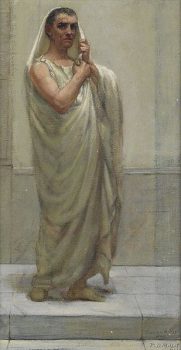
Note: This blog post is a companion to Unit III of our Introduction to Latin Vocabulary course. You can learn more about the course here. Like any other ancient civilization, the Romans had their own social classes. Although much has changed since the time of the Romans, you will notice how the Roman class system…
Roman Dining Posted by jamie on Feb 22, 2019
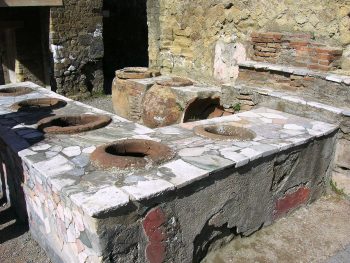
Note: This blog post is a companion to Unit X of our Introduction to Latin Vocabulary course. You can learn more about the course here. Food is an essential part of all cultures, but when it comes to ancient cultures, food doesn’t tend to be one of the things that survive for very long. Luckily…
Caesar and Pompey Posted by jamie on Feb 15, 2019
Note: This blog post is a companion to Unit IX of our Introduction to Latin Vocabulary course. You can learn more about the course here. Bellum Civile In the middle of the 1st century BC, the Roman world was plunged into war, not for the first time, and certainly not for the last. This bellum…
The Roman Household Posted by andregurgel on Feb 12, 2019
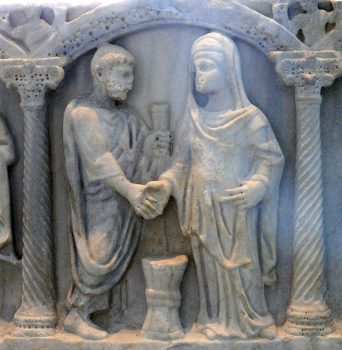
Note: This blog post is a companion to Unit II of our Introduction to Latin Vocabulary course. You can learn more about the course here. What if I were to tell you that the Roman family wasn’t very different from most modern western societies? Hearing that may sound weird at first, I realize that. After…
Slavery in Ancient Rome Posted by andregurgel on Feb 8, 2019

Note: This blog post is a companion to Unit I of our Introduction to Latin Vocabulary course. You can learn more about the course here. The Romans constituted one of the greatest civilizations in the ancient world. Whether you are British, German or Italian, their legacy lives on in all of us. They produced great…
Pompeii and Gladiators Posted by Brittany Britanniae on Jan 31, 2019
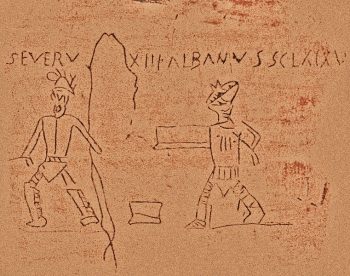
Salvete Omnes! This week we will be talking about the recent restoration and opening of a gladiator building in Pompeii. A 2,000-year-old building where Roman gladiators in Pompeii trained for combat has opened to the public eight years after its collapse following rainfall. The Pompeii archaeological site said the public can tour the Schola Armaturarum…
Hobbitvs Ille: Part IV Posted by Brittany Britanniae on Dec 31, 2018
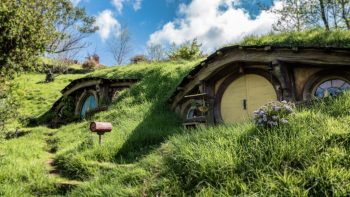
Homework Just in case you are catching this post late. We are on the final translation of the first sentence from the beginning of Hobbitvs Ille: in foramine terrae habitabat *hobbitus: nec foedum,sordidum madidumque foramen, nec extremis lumbricorum atque odore caenoso impletum, nec etiam foramen aridum, inane, harenosum, in quo nihil erat ad considendum aut edendum aptum; immo…


